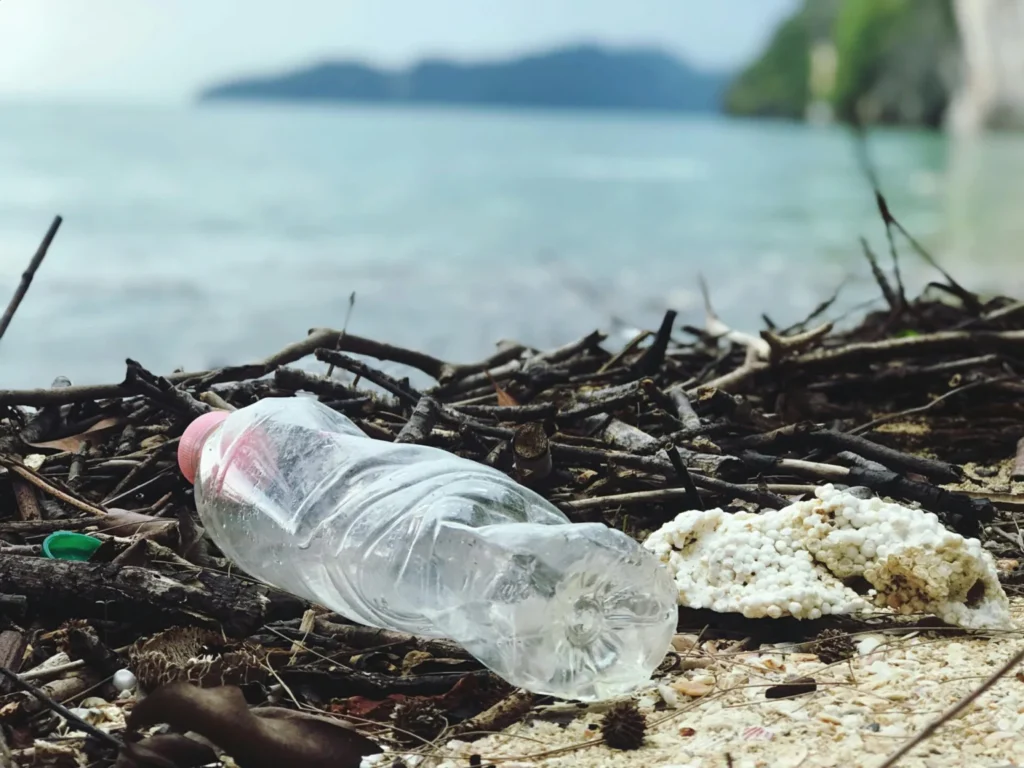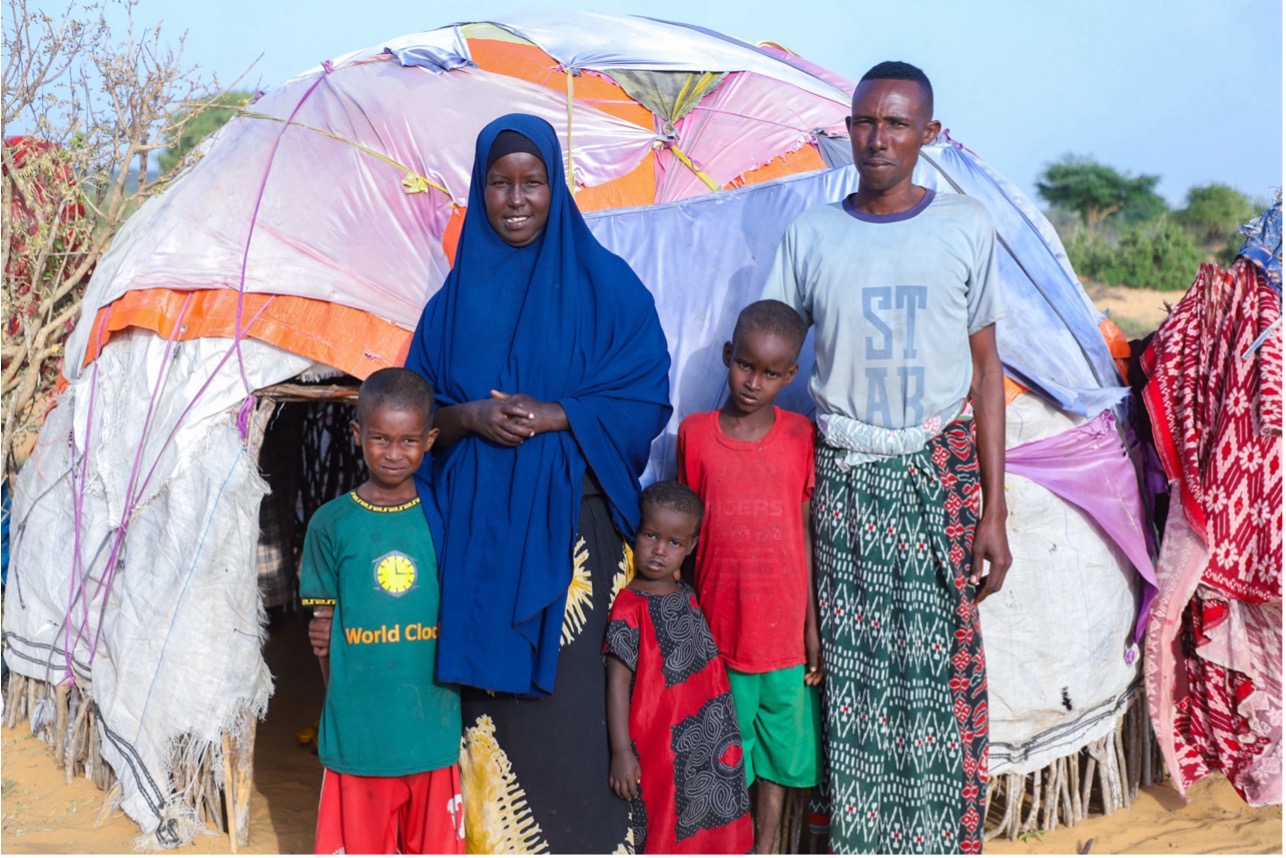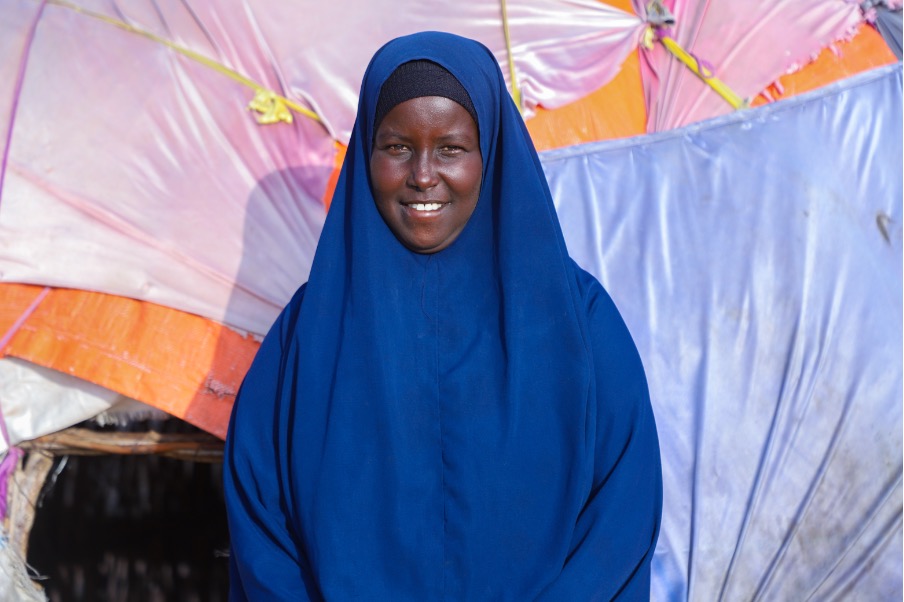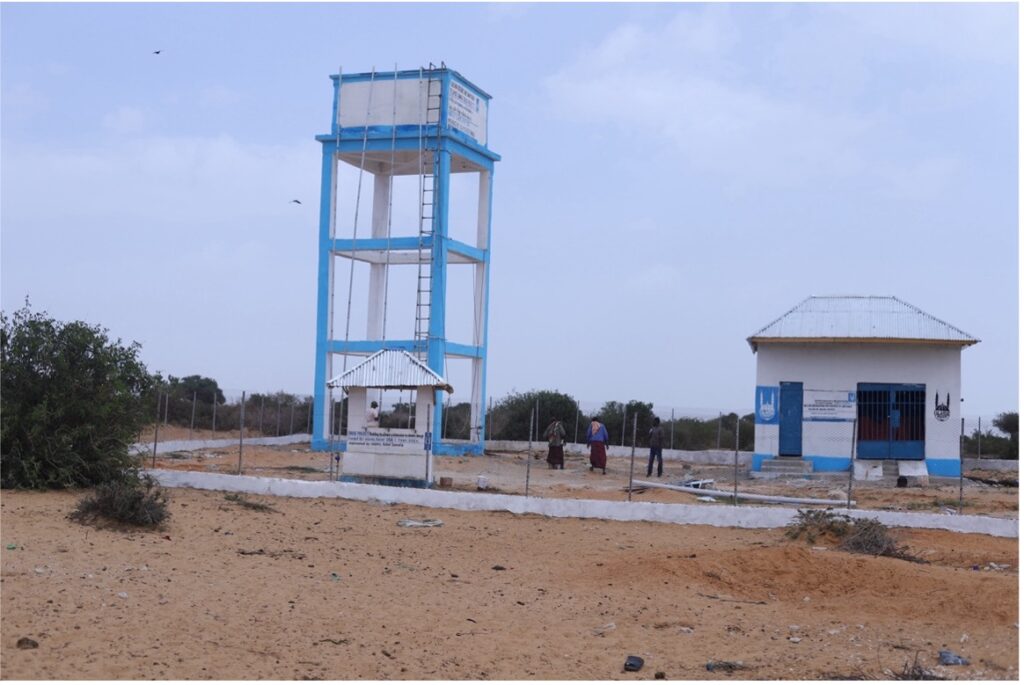On World Refugee Day, a mother and her children reveal the crushing reality of displacement: where every day is a battle for water, food, and hope.
The night the bombs came, Neda’a did not have time to gather shoes. She woke her 7 children in the dark, shouting over the explosions, and they ran barefoot, through streets strewn with broken glass and rubble, the younger ones crying as their feet bled. Her eldest son, Ahmed, carried his 7-year-old brother Elyas on his back. By dawn, they reached a UN school-turned-shelter. It was the last time Ahmed would see his family.
The next day, he went to buy shoes for his siblings. He never returned.
Now, Neda’a sits on the floor of a crowded classroom that has become their shelter, recounting the moment she learned Ahmed was gone. “We lost our backbone,” she says.
Around her, the walls are cracked from shelling. There is no running water, no privacy, no space to grieve. This is life for Gaza’s displaced, a relentless cycle of survival where death is routine, and the idea of home is reduced to a single question: How do we make it through today?
Fighting for water
This World Refugee Day, over 122 million people are forcibly displaced worldwide, the highest ever recorded. But displacement is not just a statistic. it’s often a sudden, devastating rupture that overturns entire lives, leaving families scrambling to rebuild amidst chaos.
In Gaza, at least 1.9 million people, about 90% of the population have been forcibly displaced, many of them multiple times. People have fled to try and escape bombs or have been ordered to leave by the Israeli military. Families sleep in tents, in the skeletons of bombed-out buildings, in hospital corridors where the smell of antiseptic cannot mask the stench of overcrowding.
For Neda’a and her children, displacement means waking before sunrise to join the scramble for water. Mousa, her 12-year-old son, describes the daily ritual: the long walk to the well, the fights that break out when the water runs low, the weight of the buckets cutting into his hands as he carries them back. “Before the war, we turned on a tap,” he says. “Now we fight for every drop.”
We have nothing left
Displacement does not end with losing a home. It seeps into every part of life, twisting the ordinary into the unbearable.
For Neda’a’s daughters, it means giving up school to scavenge for firewood, their hands hardened from gathering scraps to burn for cooking. The smoke fills their shelter, making the younger children cough, but there is no gas, no electricity, no other way to eat. For Mousa, it means bearing the burdens of an adult, hauling water, comforting his siblings when the bombs start again, trying to fill the space left by his older brother.
And for Neda’a, it means waking each morning to the same crushing reality: no money, no safe place, no way to protect her children from the war outside or the despair creeping in. “I just want to wake up to news that this is over,” she says. “But even if it ends tomorrow, what then? We have nothing left.”
Islamic Relief delivers aid in Gaza
While the horror continues, Palestinians have shown incredible resilience. Islamic Relief’s team and local partners in Gaza work tirelessly to provide lifesaving aid, even when they are themselves bombed, displaced and grieving. Over the past 20 months we’ve cooked millions of hot meals and distributed hygiene kits and emergency cash. Right now, we’re providing aid such as maternal care for pregnant women and cleaning shelters for displaced people to prevent deadly diseases spreading.
But the need is overwhelming. “We’re not just fighting hunger,” says Programme Officer Yasmin Al-Ashy. “We’re fighting the slow death of hope.”
For Neda’a, hope is fragile. She looks at Mousa, now too serious for his age; Ritag, whose hands are rough from gathering wood; Elyas, who is restless every night, and wonders what future awaits them. “I don’t know if they will ever recover from this,” she says.
They desperately need international governments and world leaders to demand an immediate ceasefire and pressure Israel to end its siege.
This World Refugee Day, stand with families like Neda’s. Donate to Islamic Relief Malaysia’s Palestine Appeal to provide lifesaving aid and hope to those who have lost everything. And call on your politicians and governments to demand meaningful political action to end the atrocities.



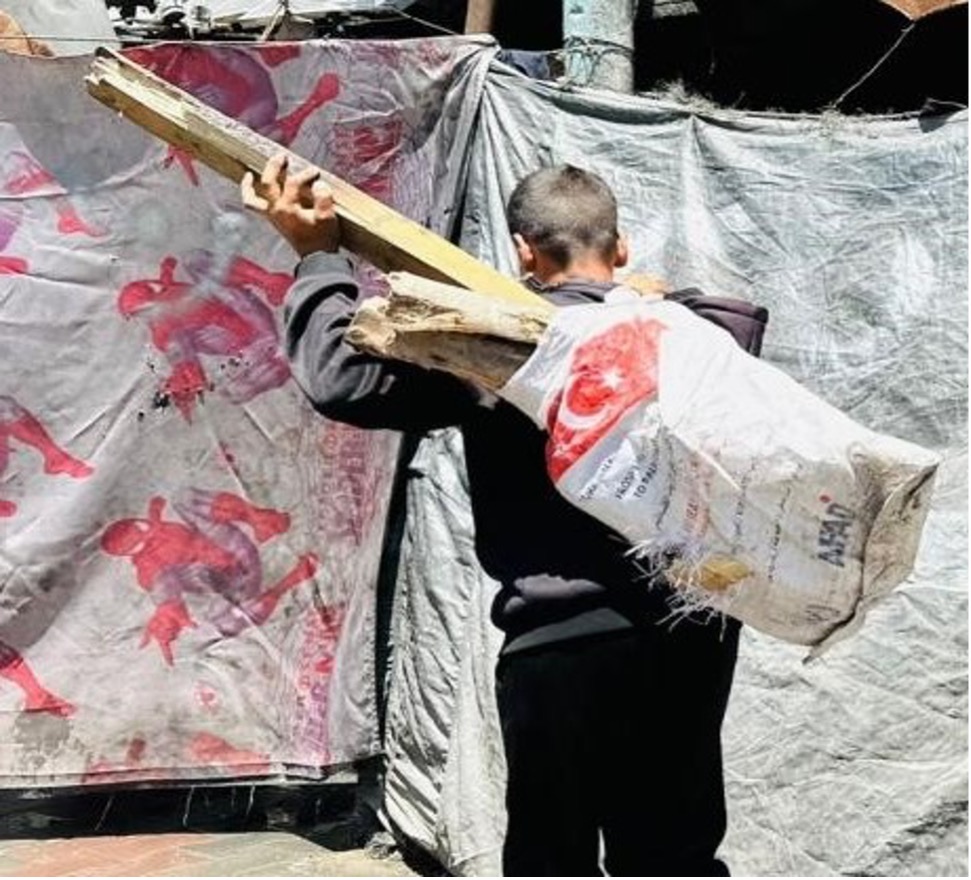
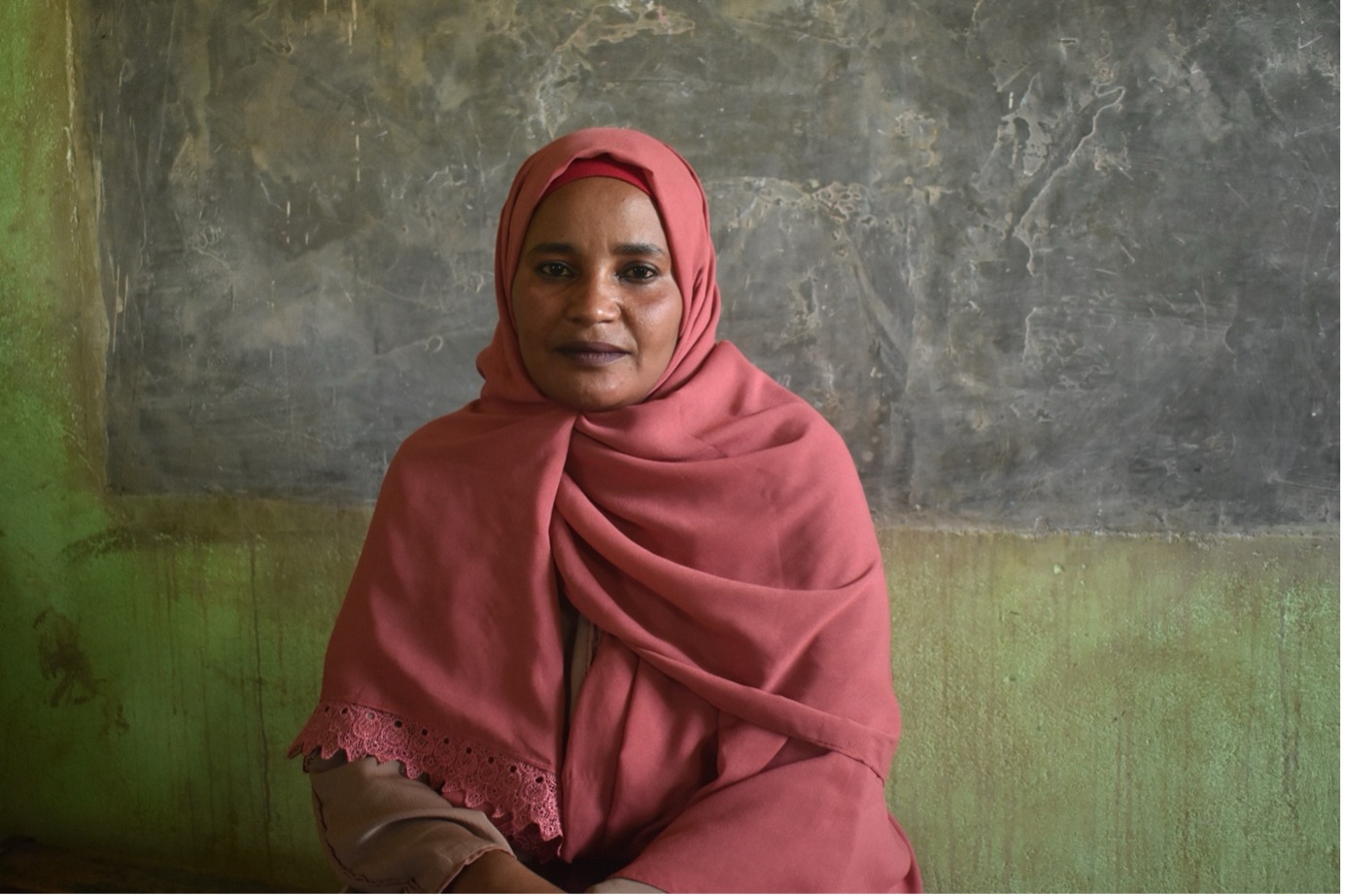
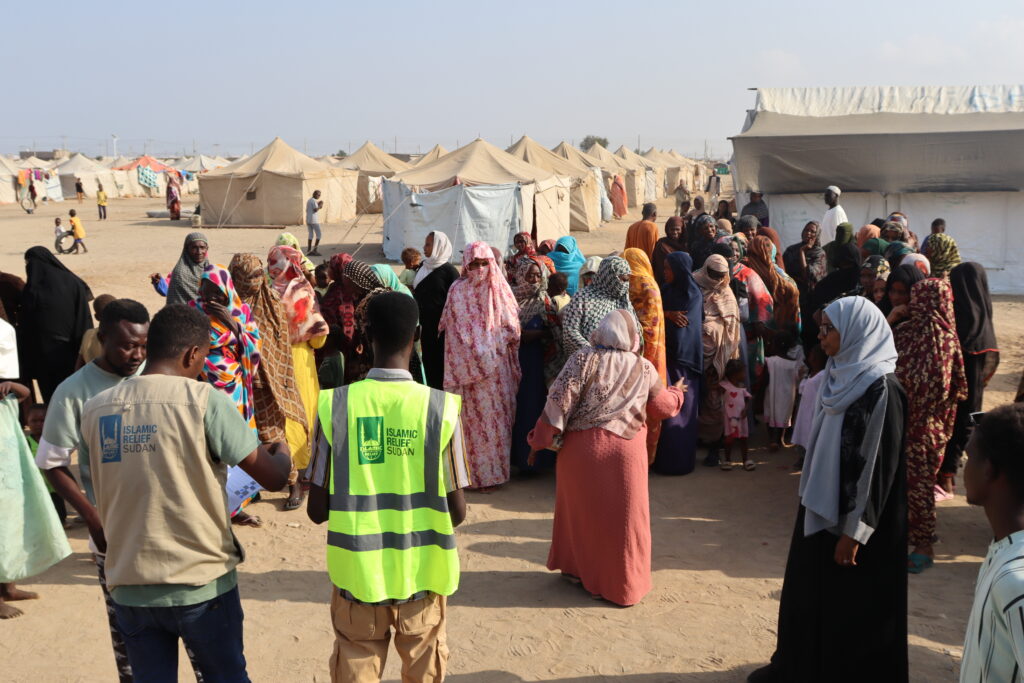
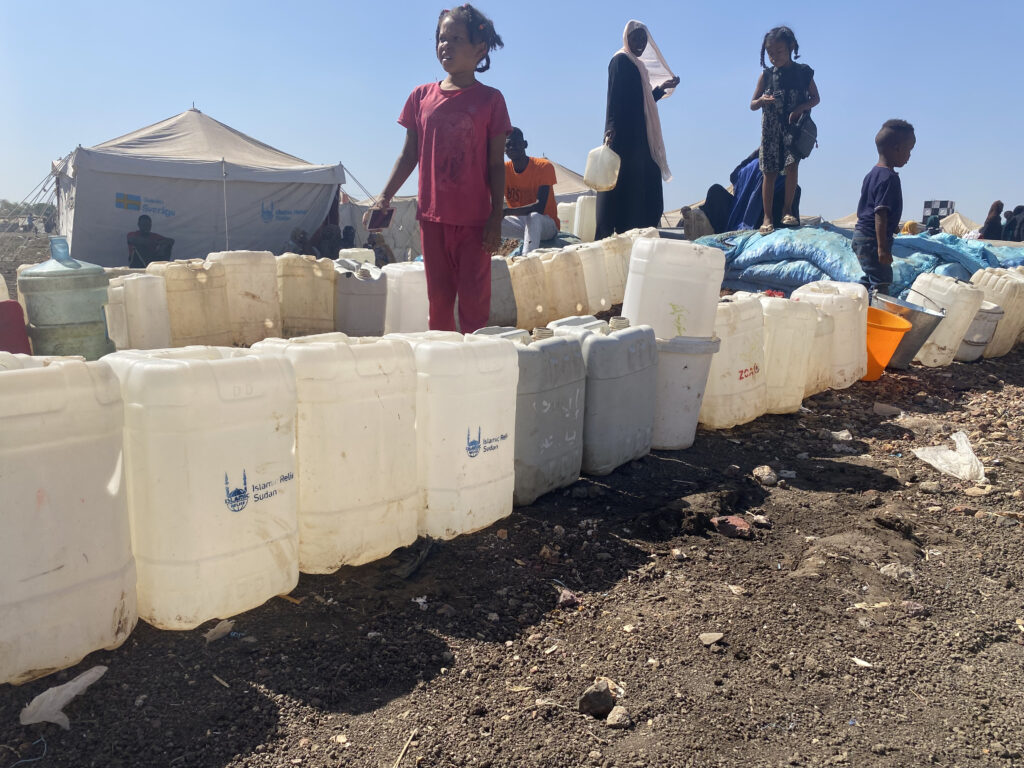
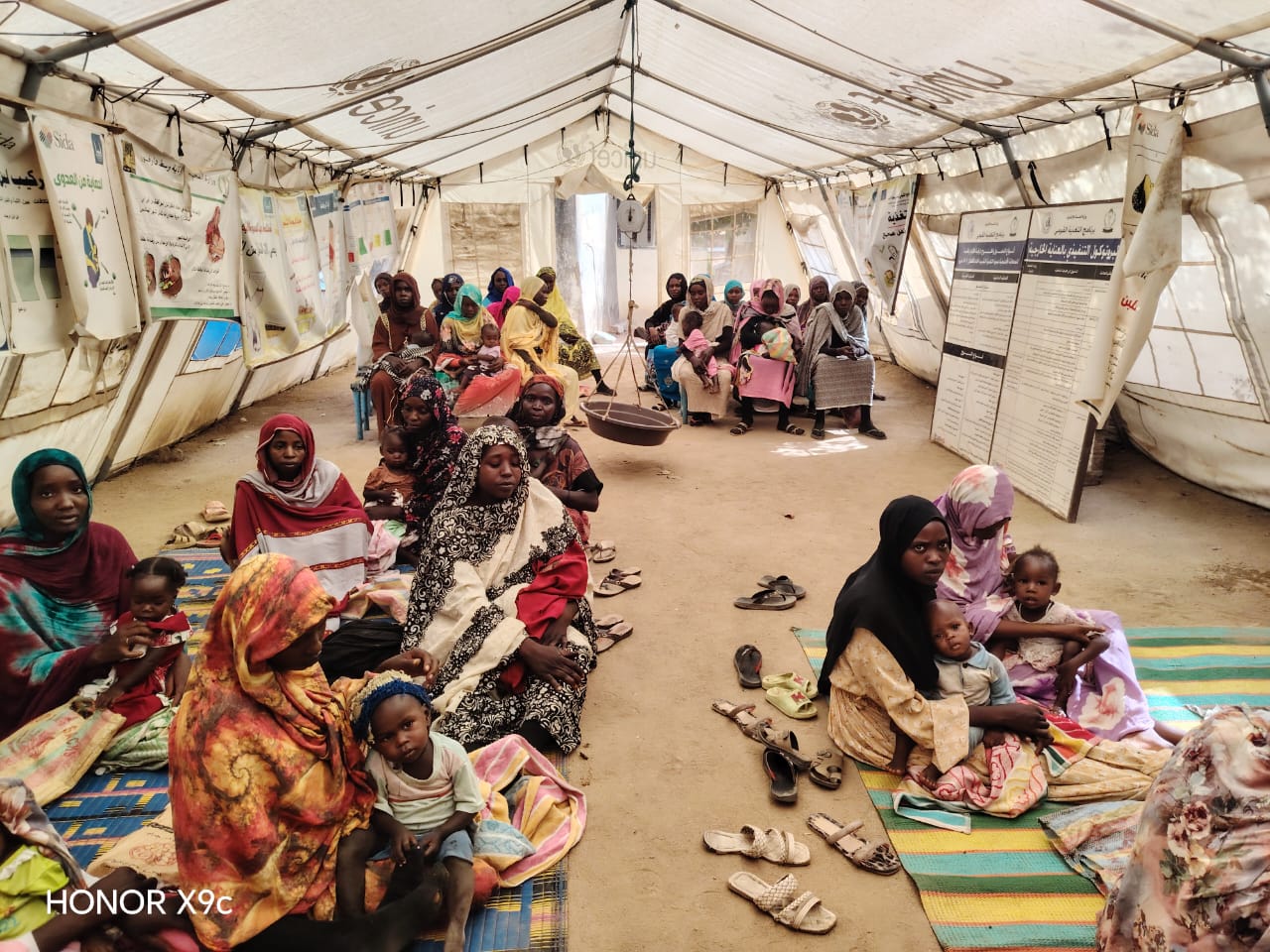
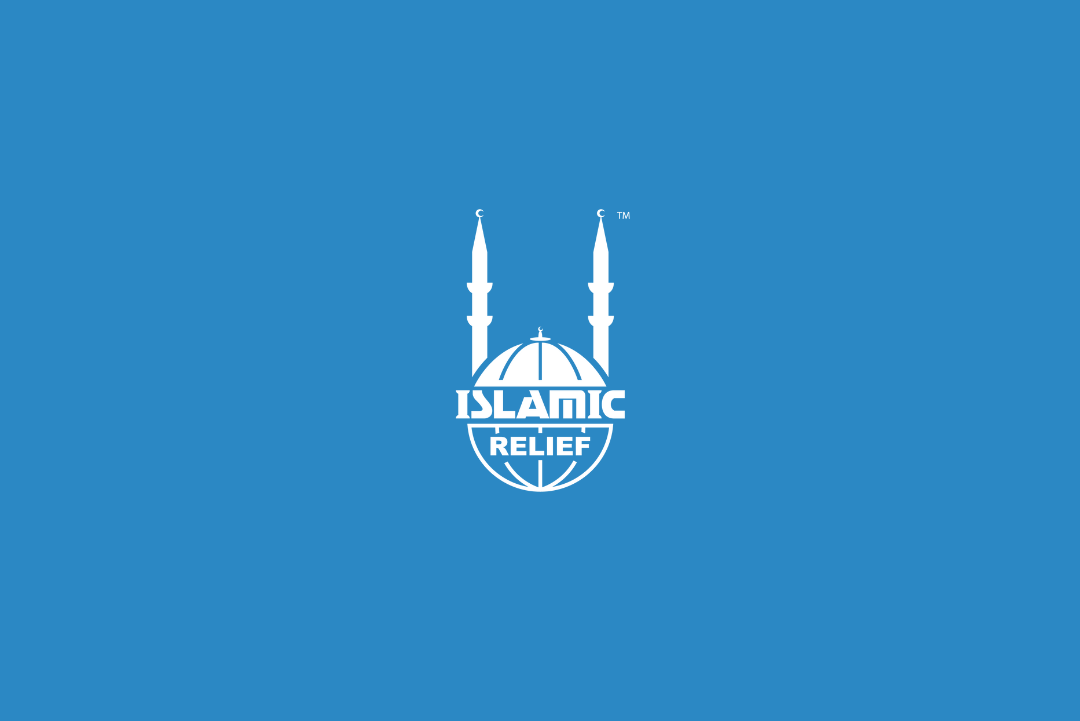
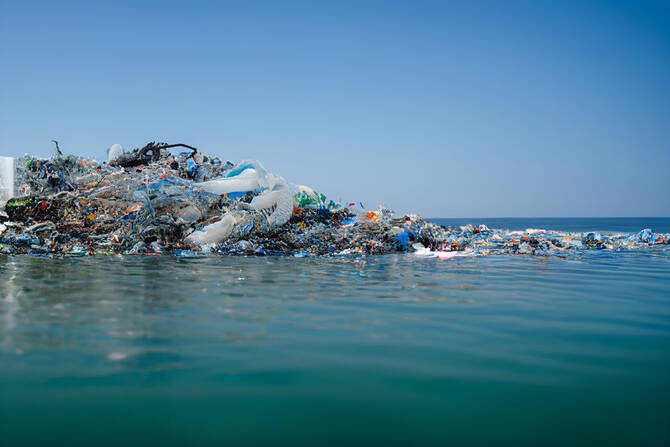
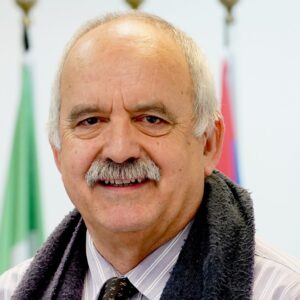 This World Environment Day, Islamic Relief is signing Faith in the Ocean, an international multifaith declaration recognising the profound relationship between humanity and the ocean, uniting all people of faith or spiritual tradition in our commitment to protect and preserve the ocean.
This World Environment Day, Islamic Relief is signing Faith in the Ocean, an international multifaith declaration recognising the profound relationship between humanity and the ocean, uniting all people of faith or spiritual tradition in our commitment to protect and preserve the ocean.